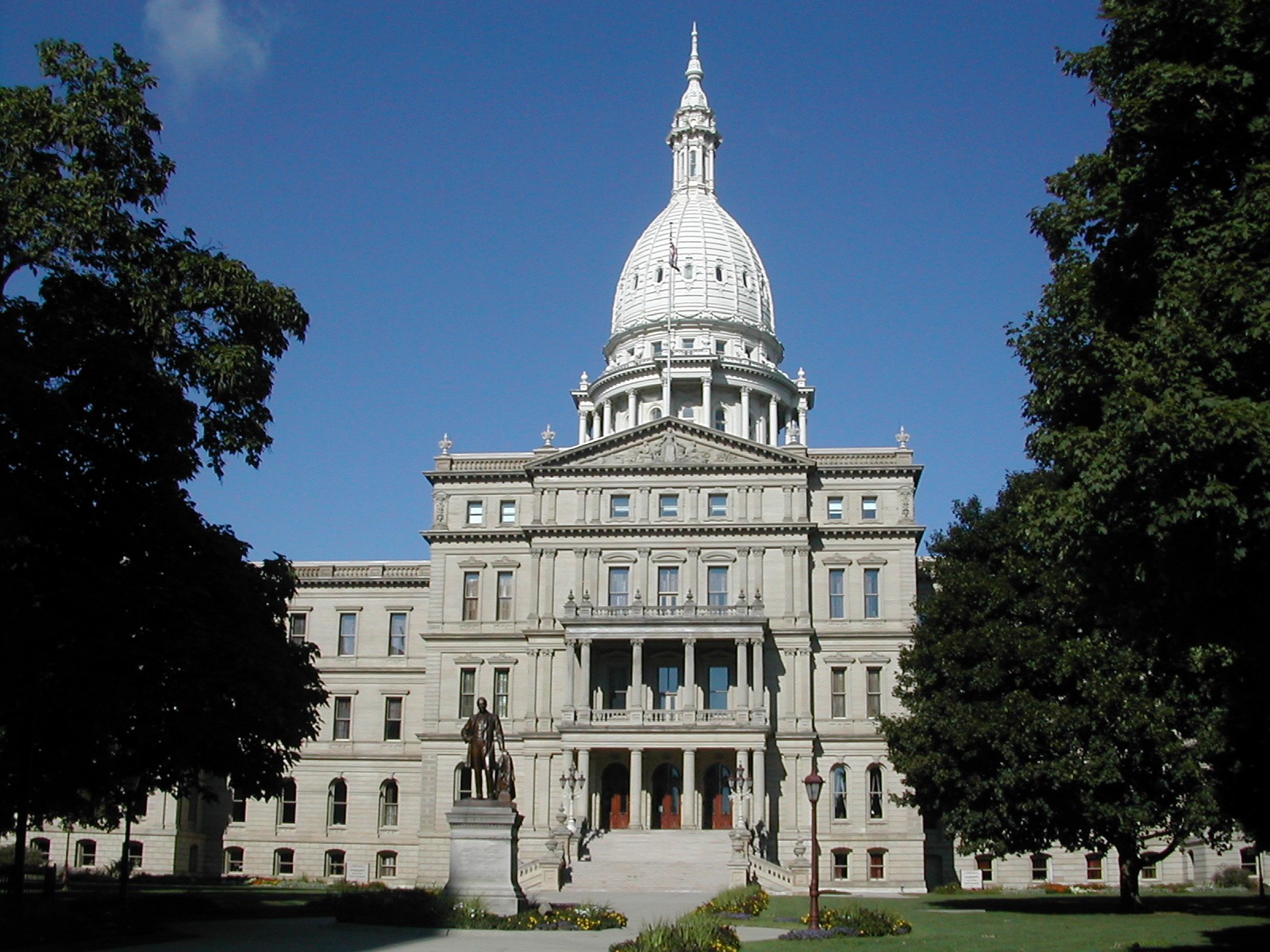
In an overnight legislative session, the Michigan House Republicans finally approved a $500 million relief package for the Detroit Public School systems (DPS). Due to the obvious time constraints, they performed a 15-hour legislative session to put an end to teacher sick-outs and put children back in school. Many Democrats in the Michigan State Legislature did not approve of the bill claiming that although it will provide short-term relief for the DPS, it does not solve long term issues and restricts a teacher’s right to strike and participate in collective bargaining. As a result, Kevin Cotter, House Speaker, had to scramble to come up with enough votes for the bill to be passed. After many compromises, one of which imposes “tougher anti-strike policies designed to crack down on the sort of mass teacher sickouts that closed most Detroit schools Monday and Tuesday” (Jonathon Oosting). This proposed legislation has been met with plenty of opposition, as many people believe that DPS requires closer to $800 million in order to survive. However, the current bill is the best that could be agreed upon under the circumstances; it’s only a matter of time before the Senate either approves or amends the bill and hopefully puts an end to the sick-outs.
Article by Jonathon Oosting, summary by Murray Manley
Source: The Detroit News
Detroit has a long history of both underfunding and of poor management of its school system. Over time pay fell relative to other school systems. In the late 1970s [date from memory], while inflation was still high, teachers went out on strike to limit pay cuts – and lost. As part of the “southern” [= segregationist] anti-bussing strategy DPS was divided into 12 sub-districts, each with its own school board while the central board was retained. Board members were paid, got a car and so on, so this immediately ballooned overhead in the system. School suppliers were “purchased” but somehow never made it to school system warehouses.
By the early 1970s the system found it very hard to hire good teachers, and that got worse over time. I had one math teacher who knew less math than I did. By the early 1980s high schools had to cut back on offerings (e.g., only teaching general science, whereas in the 1960s you could take lab biology and chemistry) because students could no longer read the textbooks or do the requisite arithmetic. Families with children fled to the suburbs. And things continued to spiral downhill as city finances became more strained and as the state failed to make up the difference.
It is too bad to hear that the Detroit public school system is struggling and has been doing poorly since the 1970’s. With the increasing technology presence in automaking, auto companies need increasingly higher education to perform basic functions in the factory. Because Detroit-based auto companies rely heavily on recruitment from the local high schools, the education standards need to be high to meet their demands. I am glad that Michigan legislators have realized the importance of the Detroit education system to its economy because without this cognizance the education system could become even worse. From a human capital perspective, this relief package is a godsend in the long term. However, the state of Michigan and the city of Detroit should establish sustainable funding solutions to the public school system in order to ensure that Detroit automakers are satisfied with their employees and the productivity that they experience as a result from proper education outcomes among Detroit school attendees.
Thomas Barnett
Not many factories remain, particularly in Detroit itself. Meanwhile engineers are recruited nationally, and inside the company engineers and stylists and managers enter an international internal labor market. But that’s one of the reasons for abominable education in the US: big companies don’t see an impact from any specific school system or group of parents failing to contribute to education. It’s a typical free rider problem that leads to nation-wide underinvestment and inattention to management and educational reform.